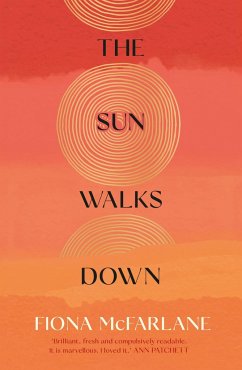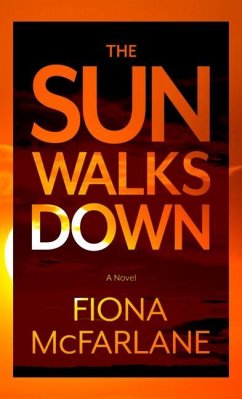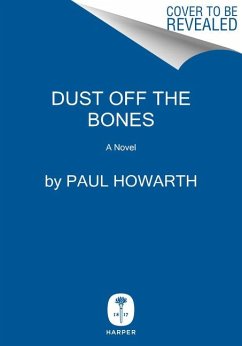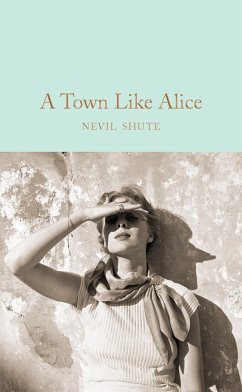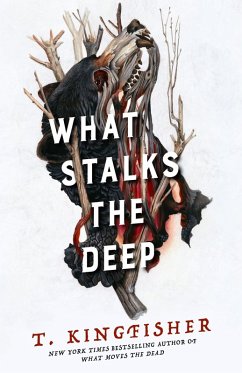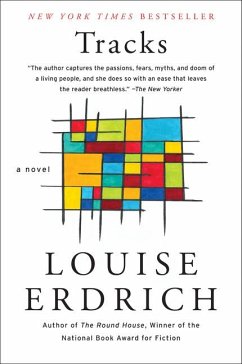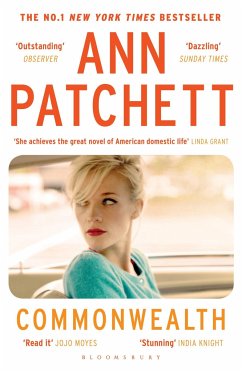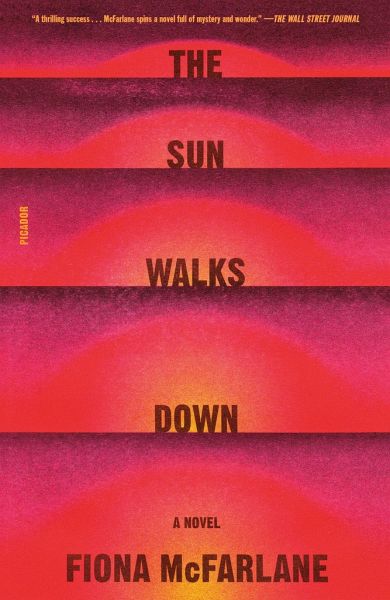
Sun Walks Down
Versandkostenfrei!
Versandfertig in über 4 Wochen
16,99 €
inkl. MwSt.

PAYBACK Punkte
8 °P sammeln!
Short-Listed for the Walter Scott Prize for Historical FictionNamed a Top 10 Best Book of the Year by The Wall Street JournalNamed a Best Book of the Year by Kirkus and Chicago Public Library"The Sun Walks Down is the book I'm always longing to find: brilliant, fresh, and compulsively readable. It is marvelous. I loved it start to finish." -Ann Patchett, author of The Dutch HouseFiona McFarlane's blazingly brilliant new novel, The Sun Walks Down, tells the many-voiced, many-sided story of a boy lost in colonial Australia.In September 1883, a small town in the South Australian outback huddles u...
Short-Listed for the Walter Scott Prize for Historical Fiction
Named a Top 10 Best Book of the Year by The Wall Street Journal
Named a Best Book of the Year by Kirkus and Chicago Public Library
"The Sun Walks Down is the book I'm always longing to find: brilliant, fresh, and compulsively readable. It is marvelous. I loved it start to finish." -Ann Patchett, author of The Dutch House
Fiona McFarlane's blazingly brilliant new novel, The Sun Walks Down, tells the many-voiced, many-sided story of a boy lost in colonial Australia.
In September 1883, a small town in the South Australian outback huddles under strange, vivid sunsets. Six-year-old Denny Wallace has gone missing during a dust storm, and the entire community is caught up in the search for him. As they scour the desert and mountains for the lost child, the residents of Fairly-newlyweds, farmers, mothers, Indigenous trackers, cameleers, children, artists, schoolteachers, widows, maids, policemen-confront their relationships, both with one another and with the landscape they inhabit.
The colonial Australia of The Sun Walks Down is noisy with opinions, arguments, longings, and terrors. It's haunted by many gods-the sun among them, rising and falling on each day in which Denny could be found, or lost forever.
Told in many ways and by many voices, Fiona McFarlane's new novel pulses with love, art, and the unbearable divine. It arrives like a vision, mythic and bright with meaning.
Named a Top 10 Best Book of the Year by The Wall Street Journal
Named a Best Book of the Year by Kirkus and Chicago Public Library
"The Sun Walks Down is the book I'm always longing to find: brilliant, fresh, and compulsively readable. It is marvelous. I loved it start to finish." -Ann Patchett, author of The Dutch House
Fiona McFarlane's blazingly brilliant new novel, The Sun Walks Down, tells the many-voiced, many-sided story of a boy lost in colonial Australia.
In September 1883, a small town in the South Australian outback huddles under strange, vivid sunsets. Six-year-old Denny Wallace has gone missing during a dust storm, and the entire community is caught up in the search for him. As they scour the desert and mountains for the lost child, the residents of Fairly-newlyweds, farmers, mothers, Indigenous trackers, cameleers, children, artists, schoolteachers, widows, maids, policemen-confront their relationships, both with one another and with the landscape they inhabit.
The colonial Australia of The Sun Walks Down is noisy with opinions, arguments, longings, and terrors. It's haunted by many gods-the sun among them, rising and falling on each day in which Denny could be found, or lost forever.
Told in many ways and by many voices, Fiona McFarlane's new novel pulses with love, art, and the unbearable divine. It arrives like a vision, mythic and bright with meaning.





